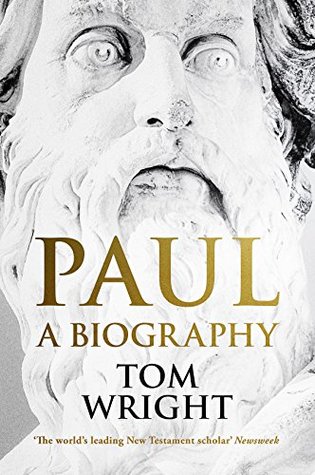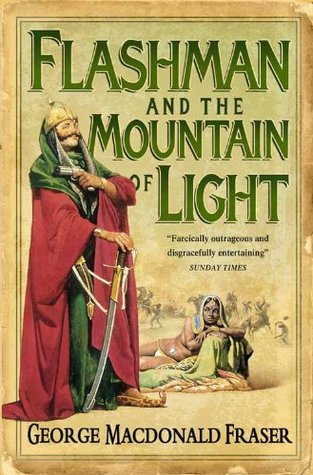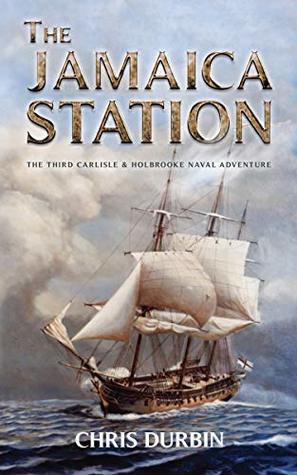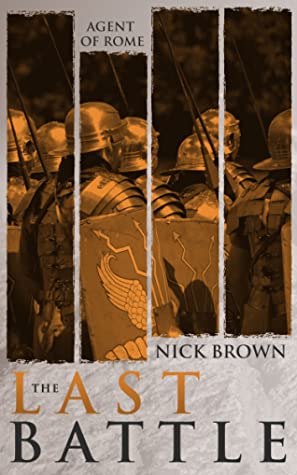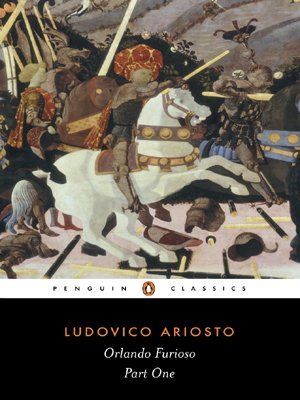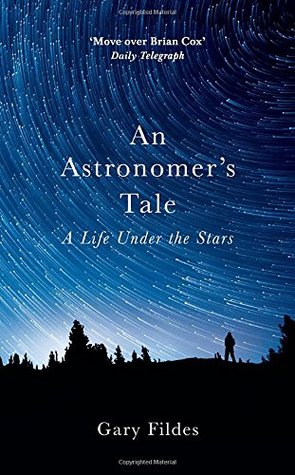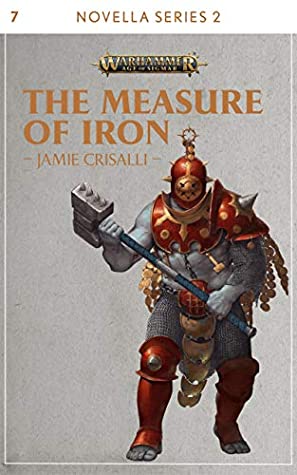
Book 7 in the new Black Library Novella series and, I must say, the quality of these stories has remained consistently high throughout. Jamie Crisalli’s story of the Iron Golems maintains these high standards. I must admit that I am still a bit hazy about the new Warhammer: Age of Sigmar universe. With the old Warhammer universe having ended in a colossal Ragnarok during the few years when I took a break from reading and playinng the game, I’ve struggled to get a grasp on the new worlds that have opened up with the rebirth of the Warhammer universe in its new Age of Sigmar. The Measure of Iron doesn’t really help in that respect but what it does do is tell a solid tale of the Iron Golems. As far as I can remember, Iron Golems did not feature in the old Warhammer universe but from Crisalli’s story, they are an appropriate addition in its new iteration: basically armoured up weaponsmiths, human but preferring and relying on iron more than flesh and blood. As such, they’re not the jolliest of warbands, but they are very, very tough. On the tabletop in a battle I’d expect them to be very hard to kill without some insanely lucky die rolling, but slow to move around: sort of a crawling tabletop battering ram. In the story, they are rather similar, so Crisalli does an excellent job instilling life and interest into what creatures that are even more bombastically militant than Space Marines (and that’s saying something!). All round, an excellent introduction to the Iron Golems and their unforgiving world.
